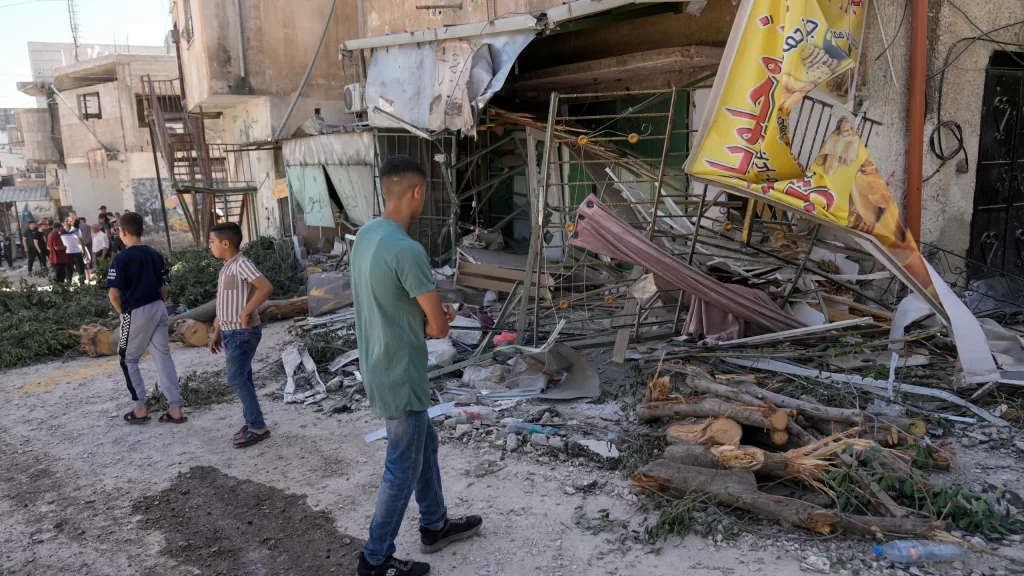Israel’s military announced on Wednesday that one of Hezbollah’s most senior commanders in southern Lebanon, Talib Sami Abdulla, was killed by Israeli strikes in the region on Tuesday. According to the Israel Defense Forces (IDF), Talib was responsible for multiple attacks against Israeli civilians over several years. Hezbollah confirmed the deaths of Talib and three other fighters.

In response to the assassination, Hezbollah launched over 200 rockets toward Israel on Wednesday, stating that the attack was also in support of the Palestinian people in Gaza. The IDF reported that no injuries have been reported, although warning sirens sounded across towns near the border.
The Israeli military retaliated by striking a rocket launcher in the Hanine area of southern Lebanon and militant infrastructure sites in the area of Yater, from which projectiles were fired at Israel on Wednesday morning.
Tensions at Israel’s northern border with Lebanon have been flaring, with fighting continuing in the region where Hezbollah, a Lebanese armed group backed by Iran, has its main area of operations. Israel has ordered the evacuation of communities along the Lebanese border as clashes have intensified since the start of the Hamas-Israel war on October 7.

Last week, Israel announced its readiness for “very intense action” in the north as the exchanges of fire with Iran-backed Hezbollah have escalated, taking place almost daily since the beginning of the conflict. Hezbollah’s military capability is expansive, with the group boasting more than 100,000 fighters and reservists, as well as an estimated 150,000 rockets that could potentially overwhelm Israel’s defenses in the event of an all-out war.
The escalating tensions between Israel and Hezbollah have raised concerns about the possibility of a broader conflict in the region, as the situation in Gaza continues to deteriorate. The international community has called for restraint from all parties involved and has urged a peaceful resolution to the ongoing violence.
As the situation remains volatile, the world watches closely, hoping for a de-escalation of tensions and a return to stability in the region.



